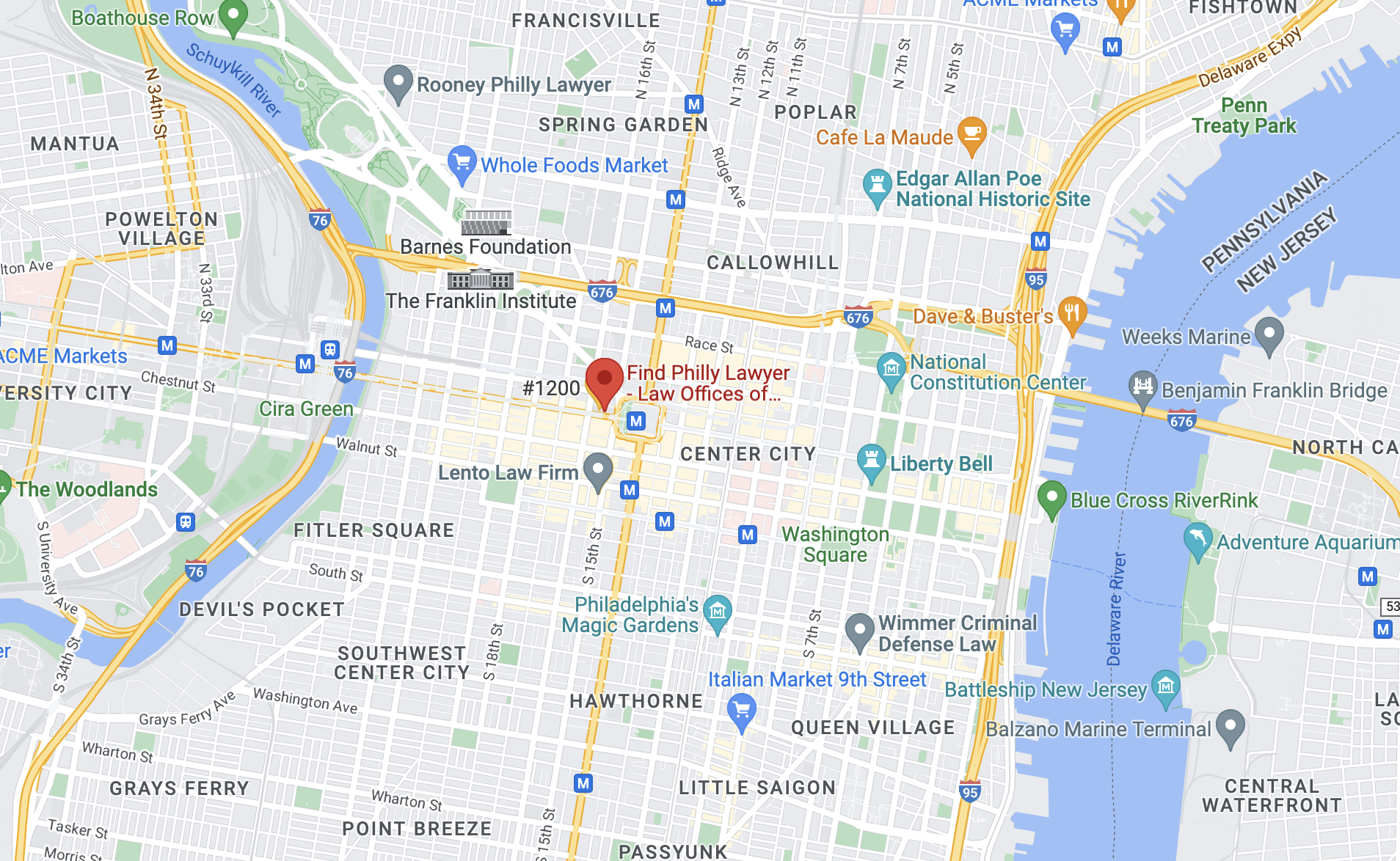Oftentimes it is confusing for people to understand when the police have the right to search your home without a warrant and when a warrant is required. This can lead to people allowing the police into their home in situations where they are not required to. The police may then see and collect evidence that they would have had no right to access if you had not voluntarily allowed the officers into your home.
In the post below, our Philadelphia criminal defense attorneys at The Liberty Law Team describe when you must allow police to enter your home and when you should not allow them to do so.
When the Philadelphia Police Have a Warrant to Search Your Home
Most of the time, if police believe there is evidence of a crime in your home, they must get a judge to sign off on a warrant. This is because your home is considered a place where you have a “reasonable expectation of privacy.” To get a judge to sign off, the officers must demonstrate to the judge that probable cause exists that there is evidence of a crime in your home.
If police show up your home with a search warrant, typically you have no choice but to allow them to search your home. However, you can check the warrant to ensure it has been properly issued. A proper search warrant must contain the following:
- Signature and seal of the issuing judge
- Date and time it was issued
- Specific identification of the property to be seized
- A particular description of the place to be searched
- Specific time period in which the search must be conducted, not to exceed a two-day period
- Certification that the judge has found probable cause based on facts in a sworn statement or affidavit
If one of these is missing, the warrant may be defective and your lawyer will be able to challenge any search and seizure that occurred as illegal. Furthermore, the police are typically required to knock and announce that they have a warrant and wait a reasonable time for you respond before entering your home. If they do not follow this “knock and announce” rule, your attorney can challenge the legality of the subsequent search.
What to Do If the Police Ask to Search Your Home Without a Warrant
It can be intimidating if a police officer or multiple officers show up at your door and ask to be let inside. You may feel like you could get in trouble for not letting them in. However, if they do not have a warrant to search the home, you never have to consent to the police entering your home and you never should. It is an invasion of privacy and you could end up giving them the chance to find something they can use against you even if you feel you have nothing to hide.
When Are Philadelphia Police Permitted to Enter the Home without a Warrant?
There are a few notable exceptions to the rule that police officers cannot enter your home without either a warrant or your consent. Below, we explore each of these situations.
Hot Pursuit Doctrine
Hot pursuit is a situation where the police are pursuing you. It is the typical TV car chase where a suspect is seen committing a crime, the suspect flees, and the officers get in their squad cars and follow them. It also applies if the police are chasing you on foot. In a situation where the police are in hot pursuit of you, if you run into your house, the police do not have to ask your permission or get a warrant to follow you inside. They can enter the house to arrest you and any sort of evidence they come across during the pursuit of you into your residence is fair game.
Plain View Doctrine
The plain view doctrine states that Philadelphia police can enter your home if they see evidence in plain view of criminal activity and suspect that you might destroy that evidence if the officer left the scene and went through the process of getting a warrant. For example, if an officer can see you packaging cocaine through an open window, they will likely have a right under the plain view doctrine to enter your home and seize the evidence. Similarly, if you open up the door when the police knock and there are drugs or illegal weapons sitting on a table in plain view, the officer is likely going to be allowed to enter the home to seize that evidence.
Curtilage and Garbage
It is important to note what is and is not considered a part of your home where you have a reasonable expectation of privacy. The “curtilage” of your home includes your front porch, a fenced backyard, and a locked shed. For anywhere defined as curtilage, the police will be required to get a warrant in the same way they would be required to do so before entering your home.
On the other hand, items you place in your garbage by the curb are not protected from warrantless search and seizure by officers. If you throw away something that could be used as evidence that you committed a crime, the police are completely free to search through your garbage once it has been placed on the curb and to take any evidence they may find.





 Liberty Law Team
Liberty Law Team  (215) 826-3314
(215) 826-3314 lonny@libertylawteam.com
lonny@libertylawteam.com





